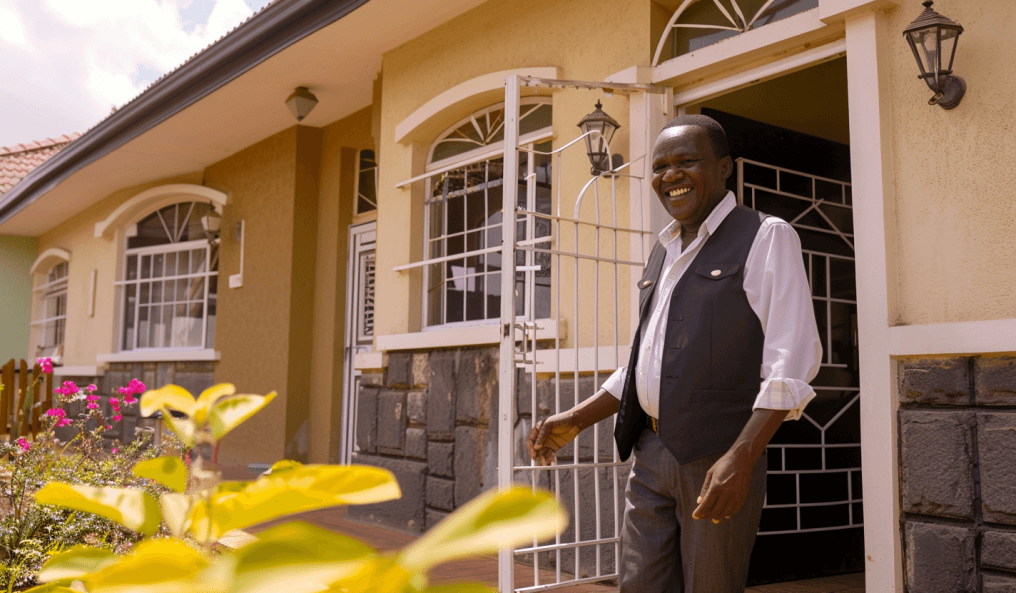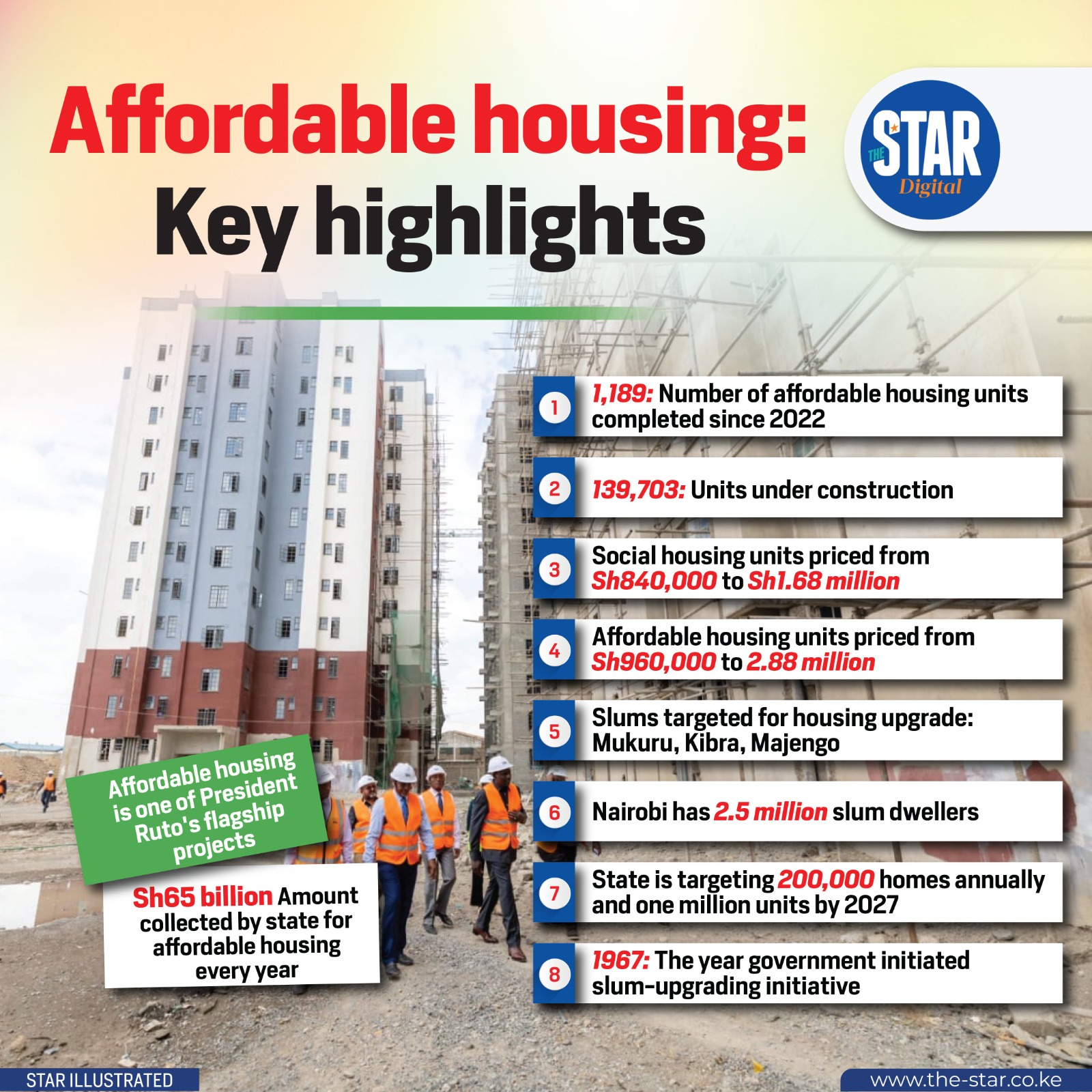For many Kenyans, the dream of homeownership remains a significant aspiration. While the upfront cost of purchasing property can be substantial, mortgages offer a viable pathway to making this dream a reality. In 2025, understanding the intricacies of the Kenyan mortgage market is more crucial than ever. This comprehensive guide will demystify the mortgage application process, explore various mortgage types, outline eligibility criteria, and provide essential tips for both first-time homebuyers and seasoned investors looking to leverage mortgage financing.
1. What is a Mortgage and How Does it Work in Kenya?
A mortgage is a loan specifically for buying property. In Kenya, financial institutions (banks, SACCOs, and dedicated mortgage lenders like KMRC) provide funds to borrowers, who then repay the loan, plus interest, over an agreed period, typically 10 to 25 years. The property itself serves as collateral. Should the borrower default, the lender has the right to repossess and sell the property to recover the outstanding debt. Understanding this fundamental concept is the first step towards unlocking homeownership.
2. Types of Mortgages Available in Kenya in 2025
The Kenyan market offers several mortgage options, each with its unique features:
- Repayment Mortgage: This is the most common type. Your monthly payments consist of both interest and a portion of the capital loan amount. By the end of the term, you will have fully repaid the loan.
- Interest-Only Mortgage: Here, you only pay the interest on the loan for a set period. The capital amount remains outstanding and must be repaid at the end of the term, often through the sale of the property or another lump sum payment. Less common for primary residences.
- Equity Release Mortgage: For existing homeowners, this allows you to borrow against the equity (the portion of your home you own outright) in your property. Often used for renovations, business ventures, or other significant expenses.
- Sharia-Compliant Mortgages (Murabaha): Growing in popularity, these are ethical financing options that avoid interest (riba) and adhere to Islamic finance principles. Instead of charging interest, the bank buys the property and then sells it to the customer at a profit, payable in installments.
- Affordable Housing Mortgages (e.g., KMRC-backed): These are designed to make homeownership more accessible, often featuring lower interest rates and longer repayment periods, supported by government initiatives and institutions like the Kenya Mortgage Refinancing Company.
Choosing the right mortgage type depends on your financial situation, risk appetite, and long-term goals.
3. Key Eligibility Criteria for a Mortgage in Kenya
While specific requirements vary by lender, common eligibility criteria include:
- Age: Typically, applicants must be between 21 and 60 years old (or retirement age).
- Income Stability: Lenders require proof of a stable and verifiable income. This can be from employment, a registered business, or other legitimate sources. Your income needs to be sufficient to comfortably cover the monthly repayments.
- Credit Score: A good credit history, as reflected by your credit score from CRBs, is paramount. Lenders assess your past borrowing behavior to gauge your reliability.
- Deposit: Most mortgages require a down payment, usually 10-20% of the property’s value. This demonstrates your commitment and reduces the lender's risk.
- Documentation: You will need a range of documents including ID, KRA PIN, pay slips/bank statements, employment letters, property title deed/sale agreement, and valuation reports.
- Debt-to-Income Ratio: Lenders assess your existing debt obligations against your income to ensure you are not over-leveraged.
Meeting these criteria significantly boosts your chances of mortgage approval in 2025.
4. The Mortgage Application Process: Step-by-Step
- Financial Assessment: Understand your budget, save for a deposit, and improve your credit score.
- Research Lenders: Compare interest rates, repayment terms, fees, and customer service from various banks and SACCOs.
- Pre-approval: Get a pre-approval letter from a lender. This indicates how much you can borrow, giving you a clear budget for property hunting.
- Property Search: Find a property that fits your budget and preferences.
- Offer and Agreement: Make an offer, and if accepted, sign a Sale Agreement with the seller.
- Valuation and Due Diligence: The lender will commission a valuation of the property. Conduct thorough due diligence, including legal searches on the title deed.
- Loan Application: Submit all required documents to your chosen lender.
- Loan Approval and Offer Letter: If approved, the lender will issue an offer letter detailing the loan terms.
- Legal Documentation: Engage a lawyer to prepare and execute the charge (mortgage deed) and other legal documents.
- Disbursement: Upon completion of all legal formalities, the loan amount is disbursed to the seller.
- Property Handover: Congratulations, you are now a homeowner!
5. Tips for First-Time Homebuyers in Kenya
- Start Saving Early: The deposit is often the biggest hurdle.
- Understand All Costs: Beyond the deposit, factor in legal fees, stamp duty, valuation fees, and insurance.
- Improve Your Credit Score: As discussed earlier, a good score is vital.
- Seek Expert Advice: Consult with mortgage advisors, real estate agents, and lawyers.
- Don't Rush: Take your time to research and understand all aspects before committing.
- Consider Affordable Housing Options: Explore government-backed schemes and KMRC mortgages.
Conclusion: Your Homeownership Journey Begins with the Right Mortgage
Navigating the mortgage landscape in Kenya in 2025 might seem complex, but with proper research, preparation, and expert guidance, it is an achievable goal. A mortgage is a long-term commitment, so it's essential to choose a product that aligns with your financial capacity and future plans. By understanding the types of mortgages available, meeting the eligibility criteria, and meticulously following the application process, you can confidently unlock the door to homeownership and secure your place in Kenya's thriving real estate market. The dream of owning your own home is within reach; start planning your mortgage journey today.



